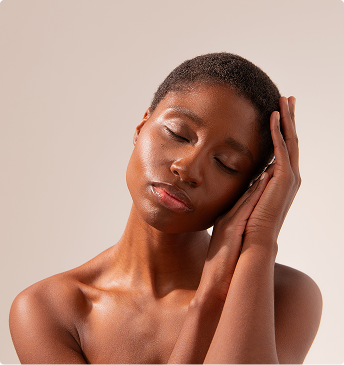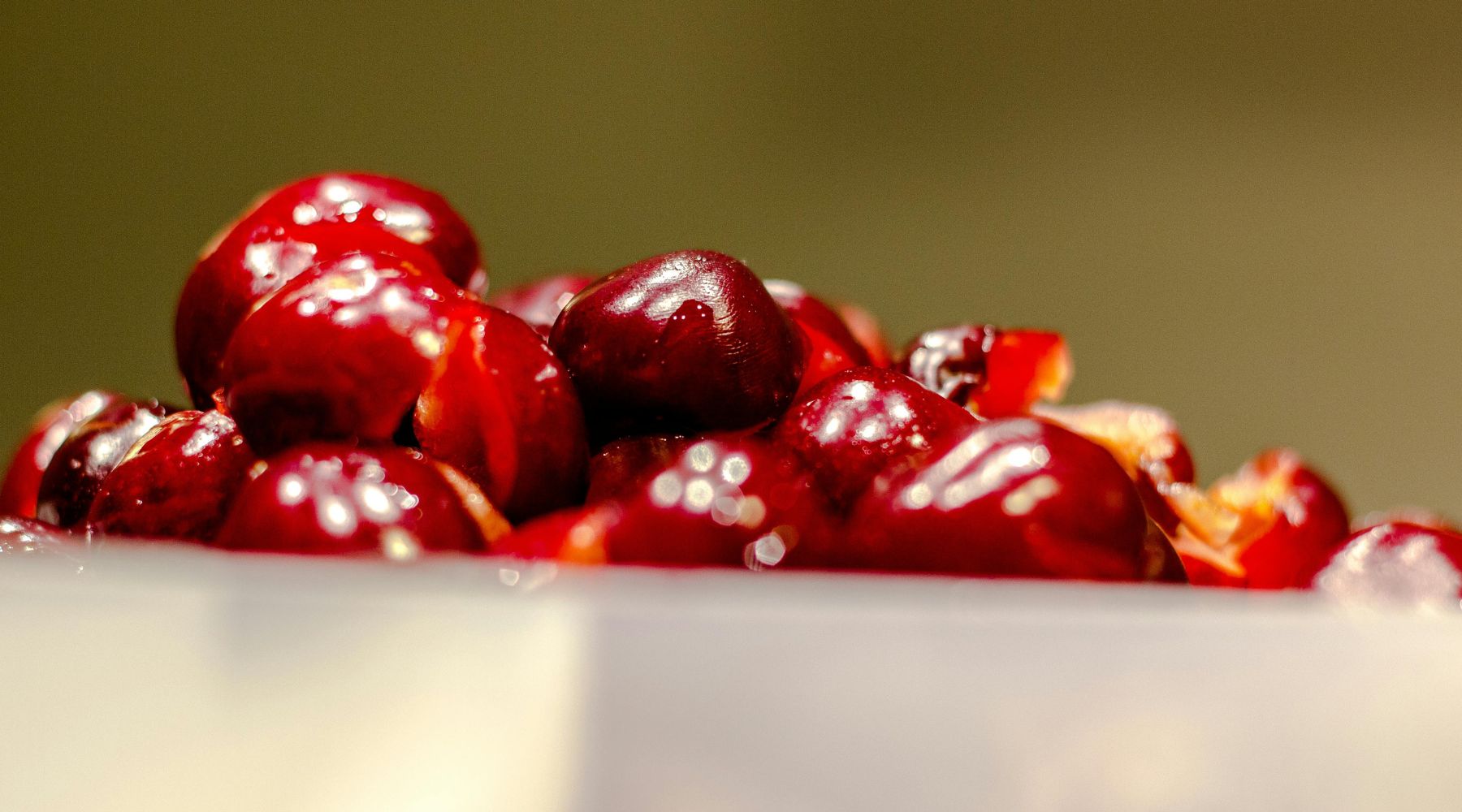Article: Why your skin loses moisture at night and how to prevent it
Why your skin loses moisture at night and how to prevent it
Ever wake up and feel like your skin just feels off? Tight, a little dull, maybe even flaky in spots. You did the full routine the night before, cleansed, moisturised, and even used a serum. And yet, somehow, your skin loses moisture at night anyway. Turns out, there's a reason for that. And it's not that your products aren't working; it's that your skin has its own rhythm.
Why does your skin lose moisture at night
Your skin never really rests completely. While you're sleeping, it stays active, supporting renewal, balance, and hydration. However, at night, your skin barrier function becomes a bit more permeable. Think of it as your body saying, "Time to reset," and opening a small window while it does. That's when moisture loss happens.
Scientists even have a name for it: transepidermal water loss, the slow escape of water through your skin overnight. Combine that with dry indoor air, colder months, or too much heating, and you wake up feeling like your face went through fast-forward skin aging.

The role of your skin's circadian rhythm
Your skin's circadian rhythm is simply its internal clock. During the day, it's in protection mode, defending against sun exposure, pollution, and other stressors. But once you hit bed, it shifts priorities.
At night, your skin puts more energy into surface renewal and hydration support. That's why applying moisture before sleep makes such a visible difference. Once you think about it that way, it makes sense. You wouldn't run the dishwasher without soap; you shouldn't go to bed without something that helps seal in hydration.
Why are some nights worse than others
A few things make moisture loss worse. Too-hot showers can strip away natural oils. Harsh cleansers may disrupt your moisture barrier. Even sun exposure earlier in the day can weaken your barrier, leading to faster hydration loss once you're asleep.
Your skin type matters too. If you've got thinner or drier skin, it won't retain water as easily. Oily skin types lose less overnight, though they've got their own battles too (like clogged pores).
How to protect your skin barrier overnight
You can't completely stop transepidermal water loss (it's part of how skin naturally functions), but you can help slow it down. Start with a gentle cleanser that removes dead skin cells without stripping your face. Then apply moisturiser while your skin is still slightly damp. That's when products help lock in skin hydration best.
Look for ingredients that support your skin barrier:
-
Hyaluronic acid helps attract water
-
Fatty acids replenish moisture
-
Antioxidants help defend against environmental stressors
If your skin feels tight after your routine, it may mean you need a richer moisturiser or fewer active ingredients. It's easy to overdo it at night, especially with retinol or exfoliating acids, and end up undoing your efforts.

Choosing the right moisturiser
The same moisturiser you use in the morning might not be enough at night. During the day, you want something lightweight, often layered with sunscreen. At night, your skin benefits from something thicker and more nourishing. A formula with hyaluronic acid, ceramides, or hydrating oils can help replenish lost moisture. Apply it after cleansing to damp skin, then gently seal it all in. And go easy on hot water (lukewarm water is enough).
Small habits that help your skin stay hydrated
Skincare isn't just about products. The small habits count too. Keep a humidifier near your bed if the air feels dry. Swap rough pillowcases for silk or something soft. Skip heavy makeup before bed, as it can trap oil and dirt. And yes, get enough sleep. It's not just a saying; beauty sleep really does matter. Your skin's natural repair process kicks in when you're resting.
Why hydration and sleep go hand in hand
When you don't get enough sleep, your skin's natural rhythm can fall out of sync. You might notice dullness, flakiness, or that lingering "tight" feeling. But when you get a full night's rest, your skin's natural processes help maintain a stronger, healthier skin barrier. You wake up with hydrated skin, a smoother texture, and a better start to your day.
Building a simple nighttime routine
You don't need a twelve-step skincare lineup to stay hydrated, just a few steady habits. If you want extra comfort while you rest, consider a silk sleep mask.
Silk’s smooth, breathable texture helps reduce friction and minimise moisture loss, keeping your skin feeling more comfortable through the night. It also blocks out light for a calmer environment and feels gentle against your face, reducing irritation that can bother dry or sensitive skin.
Find your routine, keep it simple, and let your skin do what it naturally does best overnight.





